Man’s Best Friend Has a Dirty Little Secret. Dog Poop.
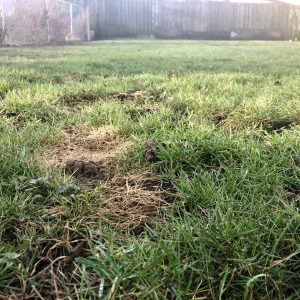
While we love our pets it’s important to understand the effect they have on our yards if we want those lush green summertime lawns. A few simple steps can help us dog owners, love our pets and love our yards this summer.
Your Dog Isn’t a Cow
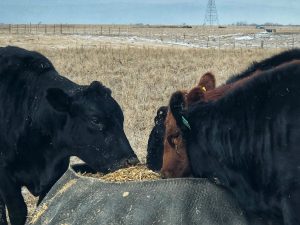
“I’ll just let my dog fertilize my lawn.” I’m sure we’ve all heard someone say that. Maybe we’ve even said it. However, not all poop is created equal. Especially dog poop.
Unlike cow manure, dog poop is not a good fertilizer for your yard. It’s toxic to your lawn, causing burns, brown spots and visible discoloring to your lush green. A dog’s diet produces a waste that is highly acidic which can cause soil acidity to spike, killing your lawn.
While it is rich in Nitrogen, the Nitrogen is too concentrated for your lawn to handle. Think of it like drinking a nice cool glass of beer (just picture that frosty mug in the summertime heat). A drink or two is fine, but getting binge happy and going on a bender is going to knock you out fast. Too much nitrogen does the same thing to your lawn, only it’s deadlier for the grass. This little “dog-poop-nitrogen-binge” kills the grass causing brown spots. The brown spots and dead areas can be worse during dry spells and droughts when your lawn is already under significant stress. The same thing happens if you over apply too much fertilizer to your lawn, it kills the grass. Dog Urine can have a similar effect.
Dog Poop Does More Than Just Cause Dead Grass
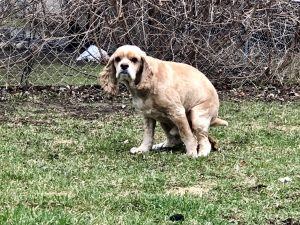
It’s more harmful than you think. Beyond an unsightly lawn, dog poop has both The EPA (The Environmental Protection Agency) and The CDC (The Center for Disease Control) concerned.
When dog poop and pet waste isn’t disposed of properly, your health can be at risk too. Fecal matter can become lodged between the pads of your dog’s paws when they’re out frolicking in the yard. Once you let them back in the house they can carry that fecal matter inside where it can get into your carpets, floors, and furniture. This is why its best to pick up after your pet right away.
Dog feces are one of the most common carriers of these diseases and pathogens:
- Toxocariasis
- Toxoplasmosis
- Whipworms
- Hookworms
- Roundworms
- Tapeworms
- Parvo
- Corona
- Giardiasis
- Salmonellosis
- Cryptosporidiosis
- Campylobacteriosis
It’s okay, we have no idea how to pronounce some of those either! But most of those don’t sound like fun. It’s estimated that a gram of dog poop has the potential to contain up to 23 million fecal coliform bacteria. Some of these bacteria can cause diarrhea, cramps, intestinal illness, rashes, ear infections, flu-like symptoms, vomiting, vision loss, and serious kidney disorders in people. The CDC is especially concerned about the safety of children and pregnant women when it comes to exposure to pet waste as they are more susceptible to be harmed by some of these diseases. The CDC recommends keeping pets and their supplies out of areas where food is prepared or consumed like the kitchen. And washing your hands frequently. (#classicCDC, always be washing those hands friends!)
Dog Waste Can be Harmful to Waterways Like Lakes and Rivers
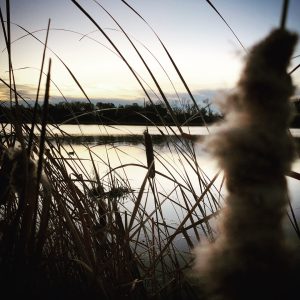
Dog poop can be a big contributor to the fecal contamination of surface waters. Runoff water from yards, parks and other areas can carry pet waste with it through streams and storm sewers. Western Michigan University released a significant study on the presence of Fecal Coliform Bacteria being a major indicator of water quality. High levels in waters ways can kill fish and other aquatic life as oxygen in the water is depleted. It can affect the natural acidic/alkaline (pH) balance of the waterway along with causing potent odors.
Additionally, because of the threat to human health, it can affect recreational activities, like boating, fishing, swimming, and canoeing/paddle boarding. People swimming or playing near water can become exposed to these pathogens when they enter the body through mucous membranes, small cuts, abrasions, or accidentally swallow water. The Huron River Watershed Council has a great short article on the effect of pet waste on waterways. The EPA suggests trying to avoid letting your dog do its business within 200ft of a body of water.
What Can You Do?
- The best thing is to remove dog poop from your lawn right away and dispose of it in the trash. It’s the healthiest thing to do for your lawn, for your dog(s), your garden and yourself.
- If you’re planning a garden where there will be any kind of food or produce edible by humans, make sure to keep it far away from the dogs. Or the dogs far away from it. And don’t use dog waste for compost on gardens, flowers or plants. Dog poop does not make for good or safe compost.
Pets are wonderful and we love them. They can bring so much joy to us and enrich our lives. When it comes to having a healthy lawn and a healthy family, we need to deal with the doo-doo.
When doody calls picking up after your dog will give you a better-looking lawn, safer public waterways (the “Land of 10,000 Lakes” thanks you!) and a healthy family and garden.
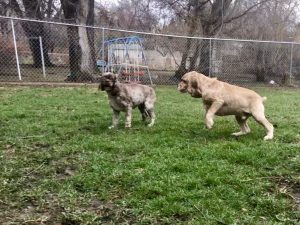
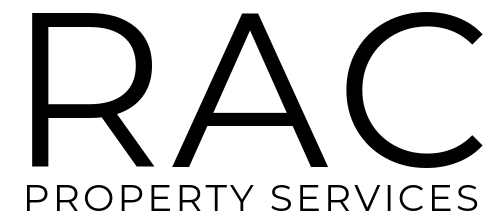
Recent Comments